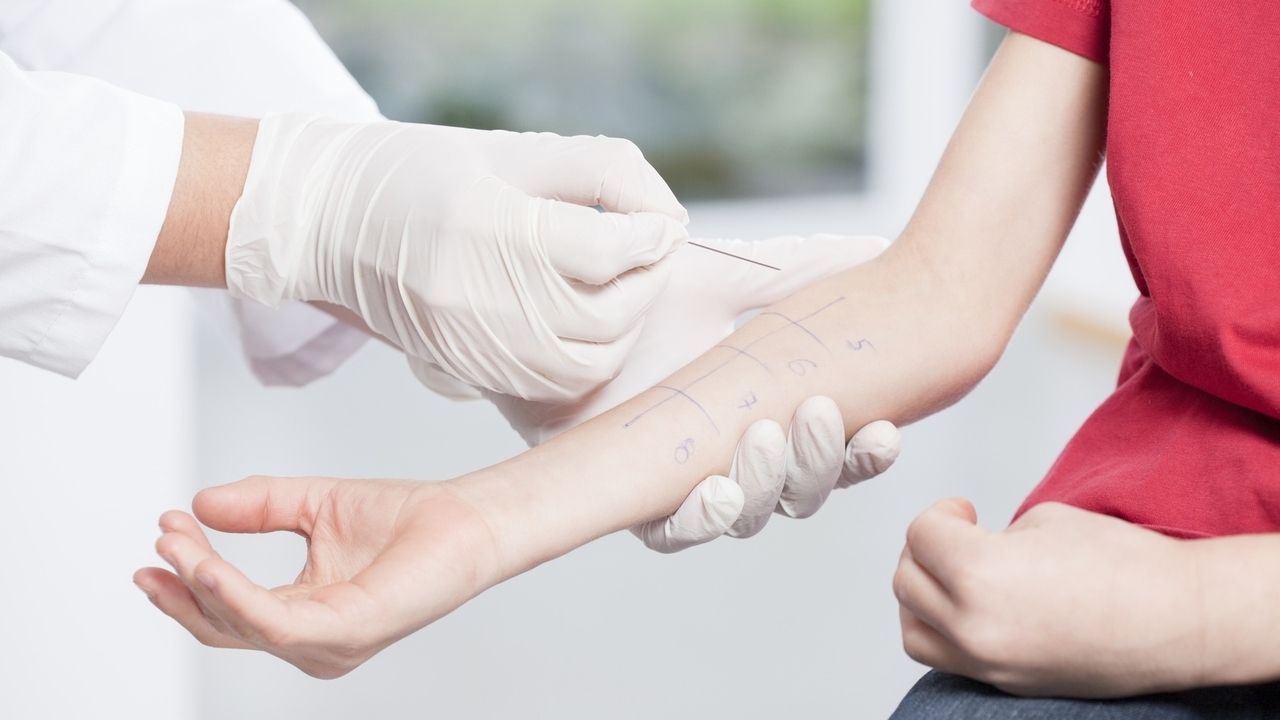I don’t mean literally but my allergies sometimes make me feel like my head is ready to explode. I have tried almost everything, even having my sinuses roto rooted with surgery yet still am plagued with the seasonal flare ups…which can be any season!
Seasonal allergies affects between 20 and 40 million people in the United States so I am not alone. The maze of remedies can be overwhelming so I tried to break it down a little.
What causes allergies?
For most people seasonal allergies are caused by pollens, fungus and mold present in the air during certain seasons. They trigger inflammation that leads to release of histamines that dilates blood vessels in the nose and eyes causing them to water.
Spring brings tree pollen. In late spring and early summer we see grass then weed pollen is late summer to early fall.
What about prevention without medication?
Pollen is most high between 5 a.m. - 10 a.m. so avoid outdoor activity at this time. Check the pollen count via TV or Internet and if the count is high then stay in the air-conditioning. Don’t roll the windows down while driving. Use a mask when outside especially while gardening. Make sure it has a filter as paper ones are not very effective. Take a shower or a bath to remove the pollen before you go to bed.
Normal saline and Neti pots have become popular. They act as a power wash to wash away the pollen as well as the congestion. Used daily, many people will not need any medications. They also help to make medications more effective because they clear away mucus so the sprays can act right on the membrane.
Let’s talk about medications.
Check out this great overview article
Many people will take a decongestant.
Decongestants
This will only treat the symptom of congestion, not the root cause or the watery or itchy eyes.
A word of caution. Pseudoephedrine SUDAFED or phenylephrine also marketed as SUDAFED PE are two different decongestants.
THE PACKAGING LOOKS THE SAME BUT THE MOST EFFECTIVE ONE MUST BE BOUGHT BEHIND THE COUNTER IN MANY STATES.
Pseudoephedrine in very high doses is used to make crystal meth so it is behind the counter. It can increase blood pressure but it is a very effective decongestant.
Oxymetazoline, AFRIN, is sprayed directly into the nose and therefore does not cause side effects that oral decongestants do. However, when used for more than three days, nasal decongestants may cause rebound stuffiness, so they should never be used for more than two to three days at a time and usually at night only.
The one that really works for deep congestion when you are clogged to break up the mucus is Mucinex or high dose guanefesin.
Antihistamines,
A lot of people go right for the non-sedating antihistamines, which are now over the counter like Loratadine and Cetrizine. Claritin or Zyrtec
The more traditional ones are Chloropheniramine (Chlor-Trimeton, Pediacare, Triaminic) or diphenhydramine (Benadryl) cause drowsiness but can make some people hyper.
These work very well with reducing the watery, itchy eyes and sneezing but once you get to the deep congestion of the nose or if you have recurrent problems, most doctors like to go for the more preventative therapies like
Anti-Inflammatories.
Steroid nasal spray like triamcinolone Nasacort or fluticasone Flonase, which are prescriptions, are very effective and can be very expensive. Flonase is generic so it is much more affordable. This should be taken at the beginning of the season or first inkling of symptoms and continued for about 3 weeks. Some allergens will persists anywhere from 8-12 or even 20 weeks so many will take throughout the season. Studies have shown that this is the most effective treatment but they are costly if you get brand name.
Cromolyn Sodium or Nasalcrom is over the counter and much cheaper but does not work for everyone. It works by inhibiting mast cells and prevent the release of histamine. It must taken daily, early in the season and used frequently.
Leukotriene inhibitors like montelukast Singulair is another anti-inflammatory medication that works and helps reduce inflammation and can be used with other medications. It is not used for children less than 2 years old.
What about local honey?
People swear by taken a little local honey that has the same pollen that is in the area to sensitize you to the pollen. Studies are not that favorable but too many people believe in it that makes me think there may be some value.
Do herbals work?
Again, not a lot of studies but my local pharmacist swears by them. He uses D-Hyst by Otho molecular Products. It contains Quercetin, Stinging Nettles and Bromelain. Some people also use accupuncture.
When should you see a doctor?
When you have a fever or a lot of teeth pain or facial pain then the allergies may have caused a sinusitis that would require antibiotics. The color of the mucus in adults does not always mean that you need an antibiotic.
With all of these options very rarely should you need allergy testing or surgery.
The most important thing that I have found is to treat the symptoms early. Use saline and an anti inflammatory medication to avoid that swollen head feeling!





Add a Comment2 Comments
As you mention regular nasal irrigations with normal saline through a neti pot are great for keeping allergic rhinitis at bay. If the allergic reaction has already taken hold one might want to use a stronger saline solution to combat the inflammation.
July 9, 2009 - 8:28amThis Comment
My sister has an allergy. Her nose and throat are very itchy. And she's not feeling well. So we search the net for possible medicines. And we found this site, http://www.allergy-treatments.net This helps her a lot. Order on-line.
June 30, 2009 - 2:01amThis Comment